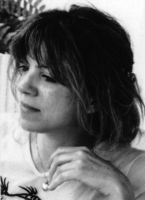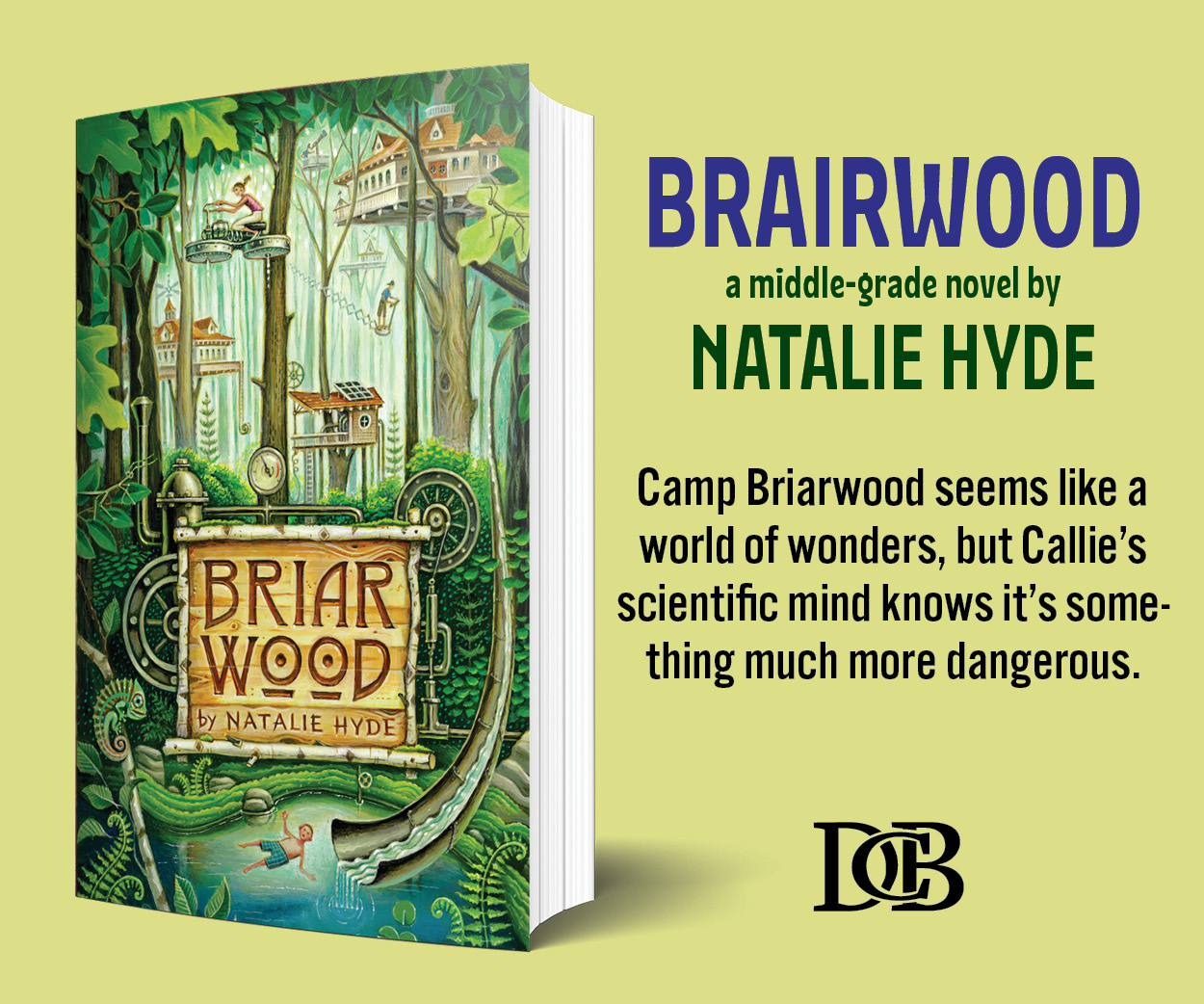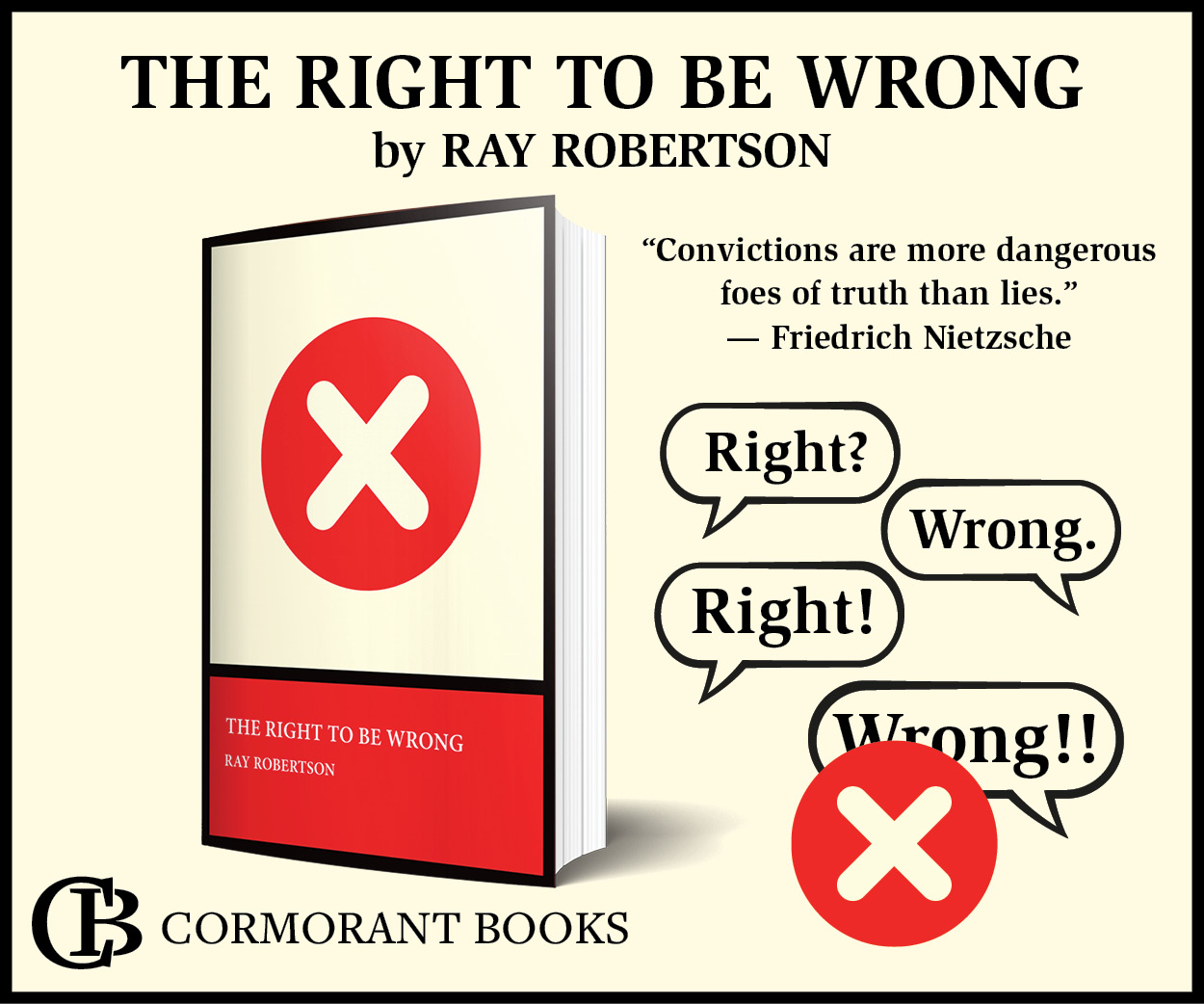"This Form of Grace Almost Never Happens" Beth Follett in Conversation with Barbara Nichol
Screenwriter, songwriter, and children's book author Barbara Nichol has packed a lot into her writing life, with highlights as varied as being nominated for an Emmy for her Sesame Street special to being a founding editor of The Walrus.
Her newest achievement is The Lady from Kent (Pedlar Press, illustrated by Bill Pechet), a book of verse for young readers that is as charming, intrepid, and unapologetically unique as its titular star.
We're pleased to present an in-depth conversation between Nichol and Pedlar Press founder Beth Follett, where the two discuss the genesis of The Lady from Kent, the occasional frustrations of the publishing industry, and the pleasure of writing in bed.
Beth Follett for Open Book:
What would you say is your interesting writing quirk?
Barbara Nichol:
I really don’t know how other writers write, but I do have writing habits that others might not share. I don’t show my work to anyone while it’s in progress. I have a vision in my head and there’s no way for anyone to access it to help me express it. I’ll show work when it’s finished and only to people who care for me and consistently like what I do. At that point I’m looking for their stamp of approval, not advice. (Although I will take their comments seriously.)
Decades ago I wrote a radio play (for Rick Moranis; he was my muse) which had me listening to the same bit of music every day before writing. It was just a cut from a CD meant to be used for ads. It put me in exactly the right mood for the piece. It was called "Hubble Bubble." When I was writing Beethoven Lives Upstairs I used to walk through a local graveyard, listening to Beethoven on headphones. Didn’t use "Hubble Bubble" for that one.
I use to write with a radio on (talk radio). This let me pretend I was doing something easy enough that it didn’t need my complete attention — it took the pressure off.
I don’t like writing with a beautiful view. It makes me feel spoiled, as in "Who do I think I am? Hemingway?" So it increases my self-hate to be so spoiled. (We all have our crosses to bear.) Not helpful. Also, what’s outside the window is worlds more beautiful and important than anything I can create. I’m aware of this.
I throw out all awards, gold and platinum sales awards, and early drafts. Everything goes right into the bin. I’ve thrown out tons of old work too: tapes, scripts... this is so that I don’t give myself the impression that I’m any great shakes. I guess remembering how insignificant I am gives me the same comfort I get from looking at that poster of the universe with the little sign saying "You Are Here." It takes the pressure off. It reminds me: You won’t be here long. You will be forgotten. So relax.
I used to write in bed. Making radio documentaries, I used to put my editing machine on the bed and edit audio tape in bed. In the early years I couldn’t write with anyone else in the house. I was outraged by interruptions. If I got stuck writing something, I used to get in the bath or smoke pot. Pot's good for breaking up creative log jams. It promotes lateral thinking. Writers, of course, have always used mind-altering substances in this way. Not all writers, to be sure. I don’t do this any more.
Your CanLit News
Subscribe to Open Book’s newsletter to get local book events, literary content, writing tips, and more in your inbox
I think writers who find “nothing is more terrifying than the blank page” should maybe take up coal mining.
BF:
Where did you get the idea(s) for The Lady From Kent?
BN:
I drew a sketch of the lady absentmindedly. I was on the phone. This lady was no rose (as my mother used to say) but she’d dressed herself in a very fastidious fashion, which said to me that she felt very good about her appearance: she'd gone to trouble. I liked her for that. She had her own ideas of beauty.
The first few verses just fell out of my head. It turned out she had her own ideas about everything. I didn’t really want to write another book, but what was I to do? Writing this thing was fun (if challenging) and the ideas just kept appearing. The first thing I had published came about this way, in a sense. I woke up one morning with the piece written in my head. It sold to Saturday Night Magazine (thank-you Bob Fulford.). This was long ago. I was about twenty years old, I think. This form of grace almost never happens.
BF:
Is The Lady From Kent autobiographically inspired?
BN:
Do you mean am I a middle-aged fat lady whose best friend is a raccoon? But, I do know what you’re getting at. The poem is autobiographical in one way. When I was young I used to do things that would build my sense of self-reliance, and strengthen my ability to withstand loneliness, the way H R Haldeman used to hold his hand over a flame to toughen himself up. I wanted to teach myself not to be timid or intimidated. I would stay alone in a cabin in the woods. I drove across the States on my own. I moved to New York in my twenties, not knowing a soul. I felt these were tools I would need, to fashion the life I wanted. I wanted to feel that the world is my oyster, mine to explore and enjoy (the way men seemed to). The Lady is like that. But she has these things in her nature: didn’t have to train herself. (Her raccoon sees all this, admires her, and so has become her helpmate and disciple.)
BF:
Why did you take a chance on Pedlar after having such a long career with bona fide Canadian children’s books publishers? What was the most thrilling moment in the writing process? In the Pedlar production process?
BN:
The most joyful moment was when I woke up early one morning, opened my email, and found your message telling me you wanted to publish my book. Not kidding.
Also, I didn’t take a chance on Pedlar. Pedlar took a chance on me.
BF:
What would you say in response to James M. Cain's hard-nosed observation that "writing a novel is like working on foreign policy. There are problems to be solved. It's not all inspirational.” (cf. Paris Review)
BN:
I think he’s wrong, because the solutions to your problems are the product of inspiration as well. If I’m trying to solve a problem I’ll take a little time off, knowing that my cranial hard-drive is still working. Then the solution will pop into my head. That’s not inspiration?
BF:
In your opinion, what is the most unethical practice in the publishing industry?
BN:
Unethical? Certainly the "cheque’s in the mail" ruse when publishers want to hold off a payment. I was commissioned to write The Lady From Kent by a Toronto publisher. I had given him a short version of the poem and we agreed with a handshake. He’s someone I like and had known a long time. When the manuscript was complete he told me that the marketers had decided the book wasn’t sufficiently saleable (he might or might not have been telling the truth). I had spent a long time working on it. I was never paid. I still like him, by the way. Somehow, I’m not even angry.
My writer friends and I agree that rudeness is increasingly a problem: agents, editors, publishing houses that don’t answer calls or respond to emails. It’s very insulting and it seems to happen more and more.
BF:
What other authors are you friends with, and have they helped you become a better writer?
BN:
The other writers with whom I’m lucky enough to have friendships have all made my career possible, not with their advice or example, but with their encouragement: Elaine Pope, Judith Thompson, Christopher Buckley, Linda Spalding, Bill Richardson, Michael Ondaatje. I’m sure there are more. Linda McQuaig. I’ve never asked for or taken advice from other writers. Not that I can remember. Eleanor Wachtel has always encouraged and helped me.
I do remember something Christopher Buckley said to me about writing. We were very very young and he’d recently published his first piece, in New York Magazine. He said to me: "There are no rules."
BF:
Is there a question or two you would like to ask me?
BN:
My question to you is this: thank you so much for publishing my book and letting The Lady see the light of day. Is that a question? I’m no grammarian.
_________________________________________
Barbara Nichol has written nine children's books, is an essayist, dramatist for radio and television, comedy writer, songwriter, and, for many years, a documentarian for the CBC program, Ideas. The Home For Blind Women (a work of fiction), a short film authored by Nichol, won Genie and Golden Spire for Best Short Film awards. Barbara has twice been nominated for a Juno award, winning one for her platinum recording "Beethoven Lives Upstairs." She has been a finalist for the Emmy Award for her special "Basil Hears a Noise" for Sesame Street and a Governor General's award for her book Dippers. Barbara was a founding editor of The Walrus magazine.




